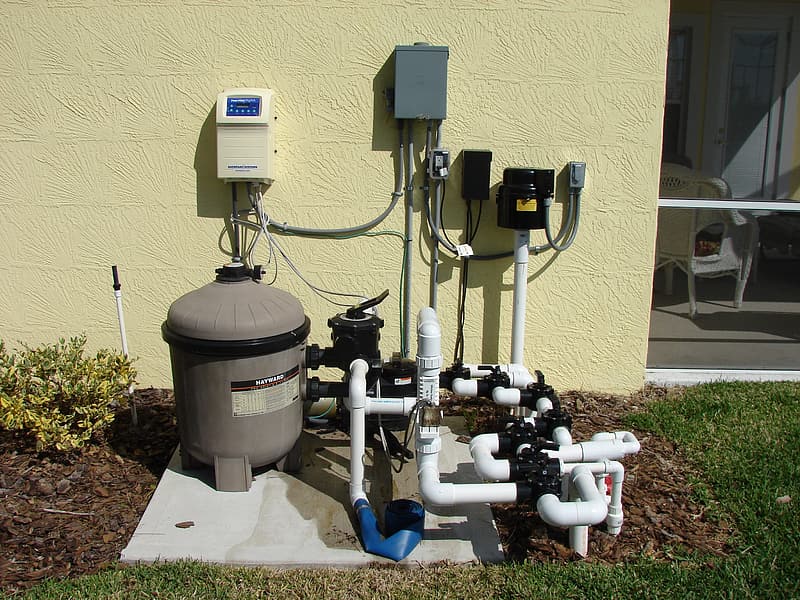Australians are fortunate because there are measures in place to ensure the cleanliness of the public water supply. Nevertheless, people can still benefit a lot from water filters. Perth residents, in particular, might find water filters helpful in reducing salinity.
There are various kinds of water filters you can choose from to further improve the quality of your tap water at home. We discuss some of them in more detail below.
Factors to Consider
Before you ultimately choose a water filter, you first have to consider two factors. First would be the purpose of the water filter. Are you concerned about specific contaminants and want to eliminate them? Then you can get a water filter to address that specific need. The second consideration would be your lifestyle and your budget. If you have the money to spend, you can opt for a whole-house water filter. If your budget is smaller, consider installing under-sink or faucet-mounted filters on the taps where you need them most.
That being said, it’s best to prioritise the first factor in choosing a water filter. This is because different types of water filters have different “specialties,” so to speak. Here are some examples to give you a better picture:
Instant Hot or Cold Water: Hot and Cold Water Filter
Are you satisfied with the quality of the tap water in your area and want only “cosmetic” improvements to your drinking and cooking water? It’s best to get hot and cold or a cool and cold filter. With these water filters, you can improve the taste, smell, and even the appearance of the water. These energy-efficient filters often incorporate two-stage filtration to ensure cleanliness.
Remove Sediments: Activated Carbon Filter
Activated carbon filters or pre-carbon filters can remove large particles, particularly sediments and organic contaminants, from your water. These filters work by absorbing these particles, essentially binding or trapping these contaminants to the carbon material. Thus, the water that reaches the tap is free from these large particles. Activated carbon filters can also remove traces of chlorine from the water, reducing any unwanted taste and odour from the water.
Remove More Kinds Contaminants: Reverse Osmosis Filter
One of the most popular kinds of water filters are reverse osmosis filters or RO filters. They can remove various kinds of contaminants, including metals, minerals, nitrates, and salts. Reverse osmosis water filters can also catch sediments, and even filter out traces of organic chemicals, pesticides, herbicides, and trihalomethanes.
RO filters work by first pushing the water through a carbon pre-filter to remove organic contaminants. Then, the reverse osmosis filtration happens. This involves a thin membrane, where the pre-filtered water passes through. Due to the extra-fine filter, the remaining impurities get left behind. This twice-filtered water gets stored in a tank, and then gets filtered a final time when you turn on the faucet. What’s great about reverse osmosis filters is that you can add more filtration stages if you want.
Soften Water: Alkaline Filters or Water Ionisers
Hard water means that the water has a high mineral content. These minerals are usually made up of calcium, magnesium, and sulphur. Over time, you’ll notice a build-up of deposits like chalk or limestone on your water containers, sinks, and faucets.
If you want to soften your water, you can opt for alkaline filters or ionisers. These work by passing water over electrically charged plates and then separating the water into an alkaline and an acidic stream. The result is softer, low-acidity water. Another option for softening hard water is an infrared filter. This uses heat and light to give the water a negative charge and help remove traces of heavy minerals.
Kill Viruses and Bacteria: UV Filters
If you’re particularly concerned about harmful pathogens like viruses and bacteria, you may want to invest in an ultraviolet (UV) filter. As the name implies, this water filter uses UV light to kill these microorganisms. As a bonus, UV water filters are also eco-friendly and low-maintenance since the UV bulb can last for a year or more. Do note that UV filters are not able to filter out particle contaminants, heavy metals, and volatile organic compounds on their own. This is why they are often used in tandem with other types of water filters such as activated carbon or reverse osmosis filters.
Once you’ve figured out your priorities about water quality, it will be easier for you to choose the kind of water filter to get. If your budget allows, get separate filters for drinking and cooking, and for simple activities like showering and washing clothes. This way, you can ensure the best water quality in everything you do in your home.
Remember to purchase only from trusted water filter companies like Aussie Natural Filtration to ensure that you get effective and long-lasting products. Moreover, you can also expect stellar after-sales services.


